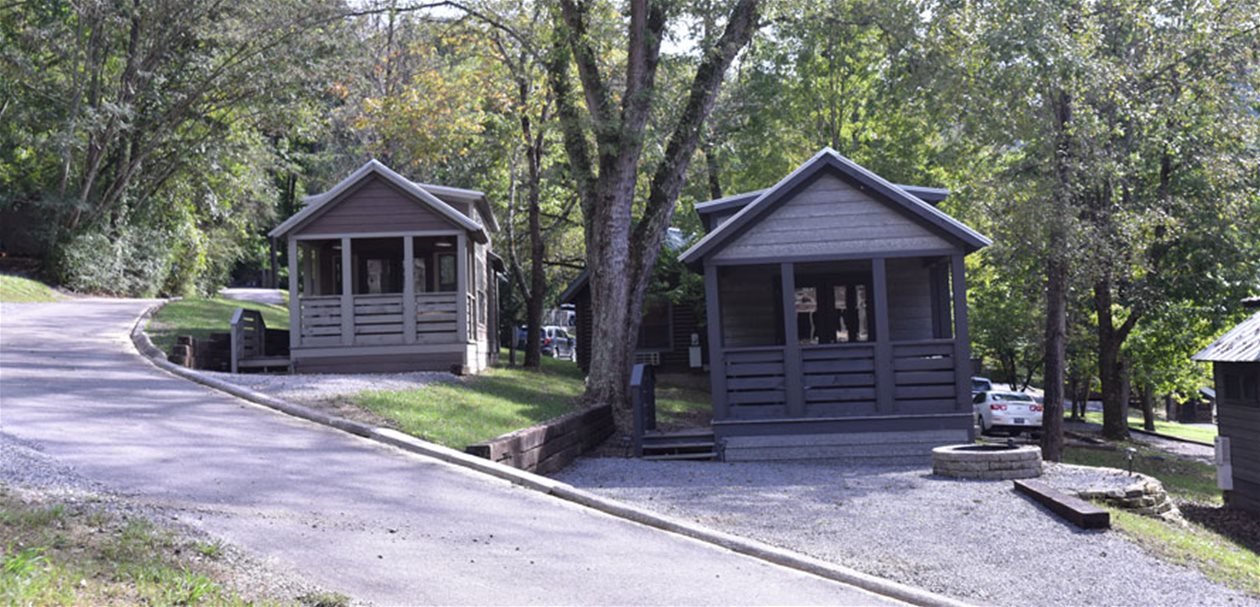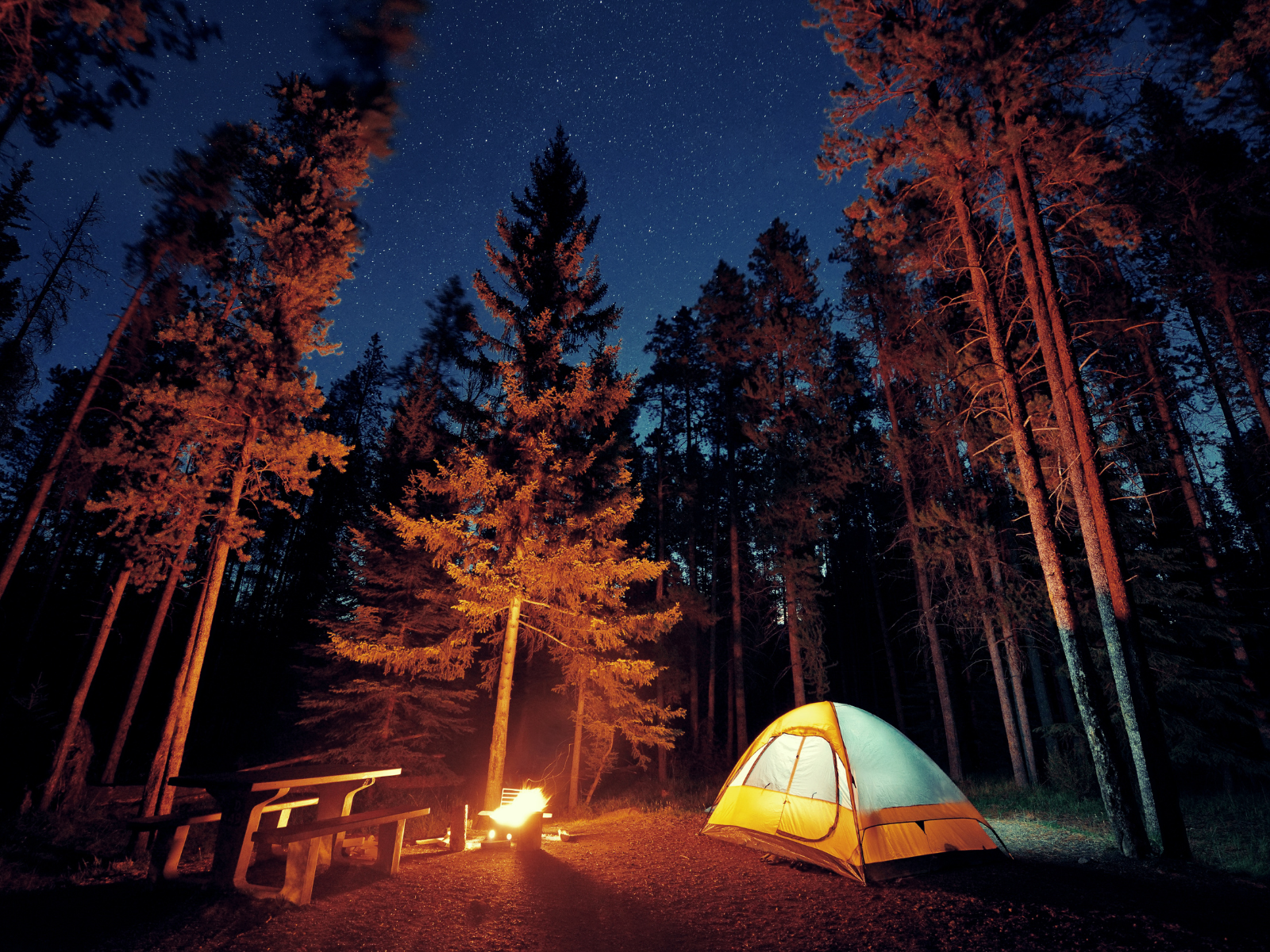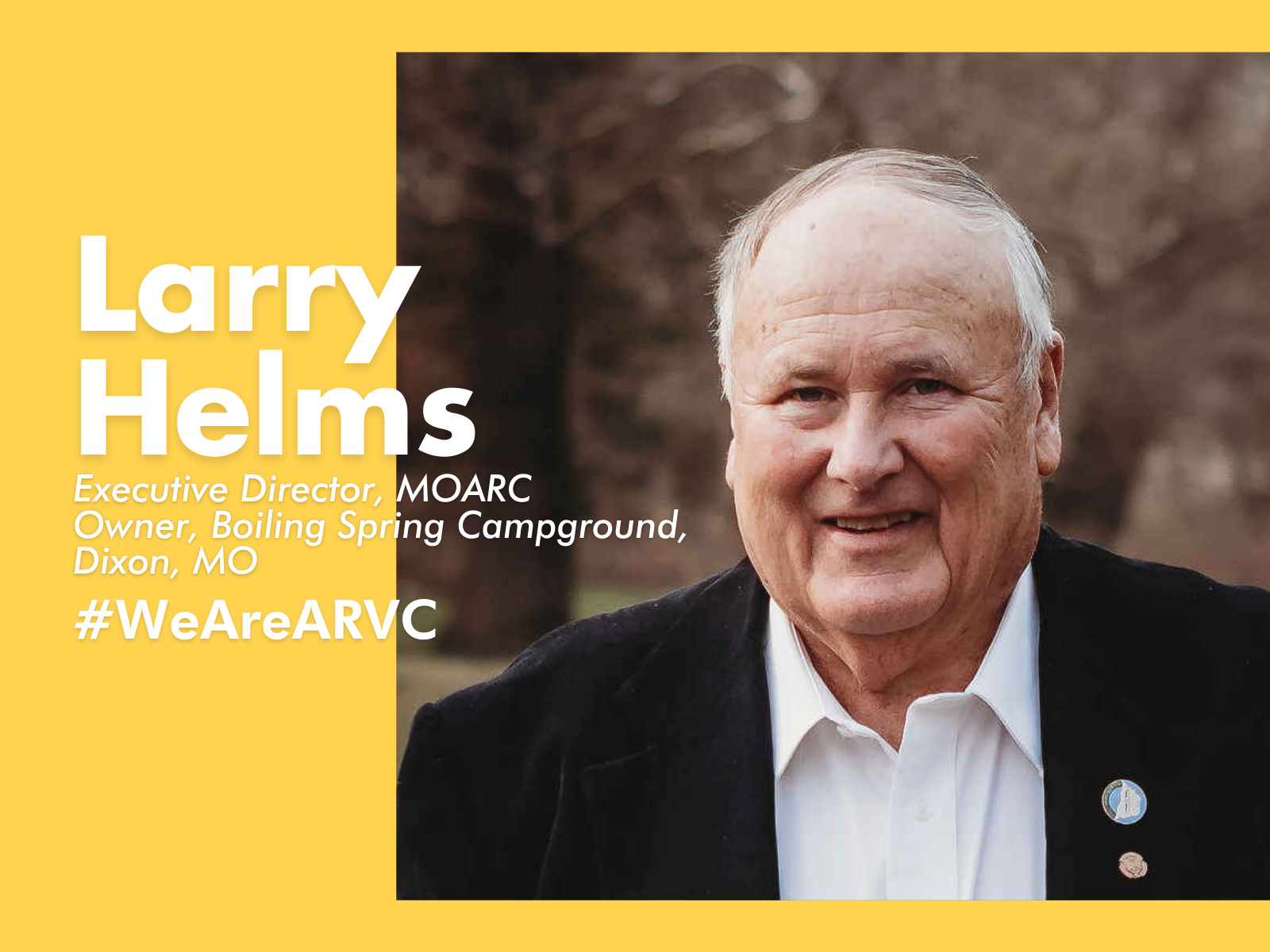In a newly finalized rule, the U.S. Department of Housing and Urban Development (HUD) redefines the RV exemption from manufactured housing standards and provides a critical solution to the regulatory uncertainty that has plagued RV parks and campgrounds, RV manufacturers and RV dealers for decades. RV park and campground owners, RV manufacturers, dealers, and RV owners now have regulatory certainty that the RV lifestyle will remain the most attractive way to recreate in America.
(DENVER) In a newly finalized rule, the U.S. Department of Housing and Urban Development (HUD) redefines the RV exemption from manufactured housing standards and provides a critical solution to the regulatory uncertainty that has plagued RV parks and campgrounds, RV manufacturers and RV dealers for decades. RV park and campground owners, RV manufacturers, dealers, and RV owners now have regulatory certainty that the RV lifestyle will remain the most attractive way to recreate in America.
Just recently the National Association of RV Parks and Campgrounds (ARVC), along with the RV Industry Association (RVIA), the RV Dealers Association (RVDA) and seven state associations, sent a letter to HUD urging this rule be finalized.
“ARVC, along with our industry partners, has fought long and hard for our members to get this decision finalized,” says Paul Bambei, president and CEO of ARVC. “This will not only provide ARVC members, and members of the outdoor hospitality industry with peace of mind, but it will save literally millions of dollars across the industry as well.”
The final rule defines an RV as a vehicle or vehicular structure not certified as a manufactured home, designed only for recreational use and not as a primary residence or for permanent occupancy; and is either built and certified in accordance with either NFPA 1192-15 or ANSI A119.5-15; or any vehicle which is self-propelled.
The rule also contains an additional requirement that park model RVs contain a consumer-facing notice that the manufacturer certifies that the structure is a recreational vehicle designed only for recreational use.
The rule also gives RV campgrounds the critical regulatory clarity and certainty that they have long sought: in many cases the business license for RV parks and campgrounds only allows them to accommodate RVs, not manufactured homes, so under the proposed rule they would be able to accommodate any unit that is certified to an RV standard without running afoul of local regulations.
“For years, the definition of an RV has been up in the air—there was never a clear, standard definition, which is why the ARVC public affairs team in step with our industry partners, have fought so hard in Washington to get this decision finalized,” Bambei says. “For any ARVC member-park or campground owner wondering why this is important, how this will save them money—just look at how park model RVs have been regulated in the past few years. It’s been all over the place. Recently, the government attempted to define the porch of a park model as part of the 400 max square footage. This official definition clearly defines what an RV is, and what an RV isn’t. That is a huge win for ARVC members and for our industry.”
This rule also gives RV manufacturers the critical regulatory clarity and certainty they have long sought: so long as they build to the nationally-recognized RV standards, the modern RVs they are building do not and will not fall under HUD’s jurisdiction.
Additionally, the rule gives RV dealers additional critical regulatory clarity they have long sought: the proper paperwork, forms and disclosures the RV dealer needs to provide during a sales transaction are based on the design intent of the RV.
This rule ensures the entire RV industry is covered by a clear definition and ensures the modern RV lifestyle cannot be regulated out of existence.






Leave A Comment